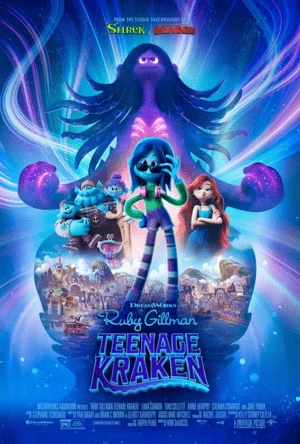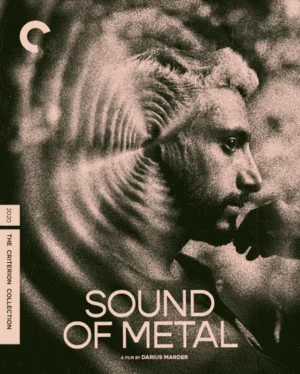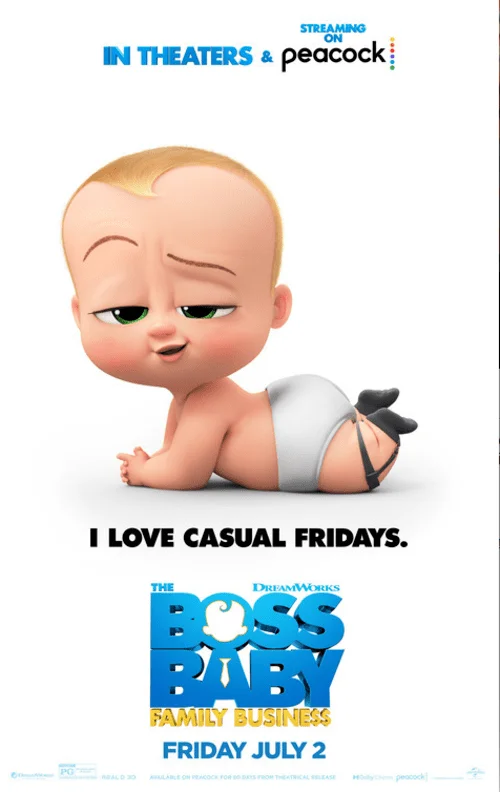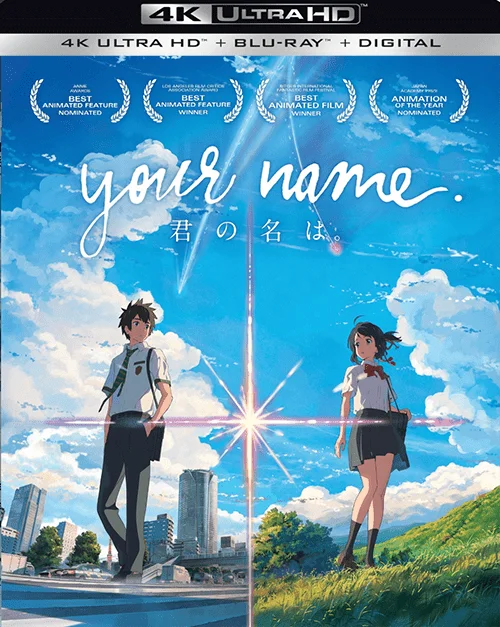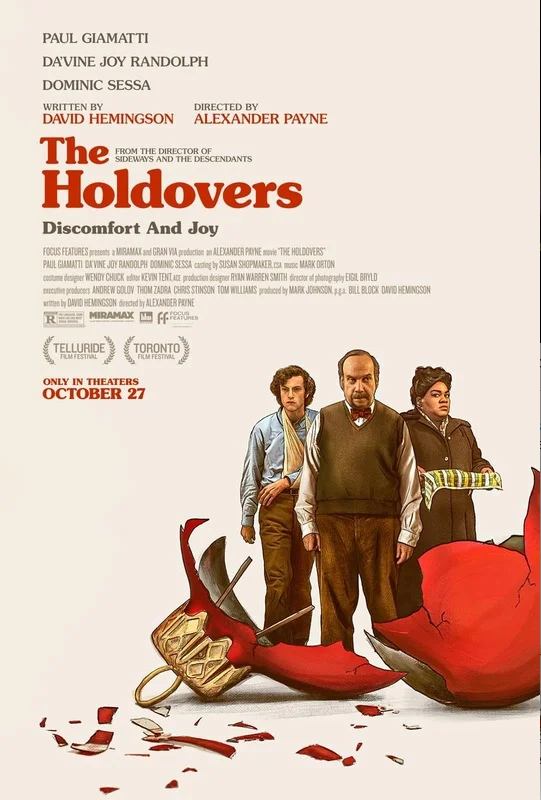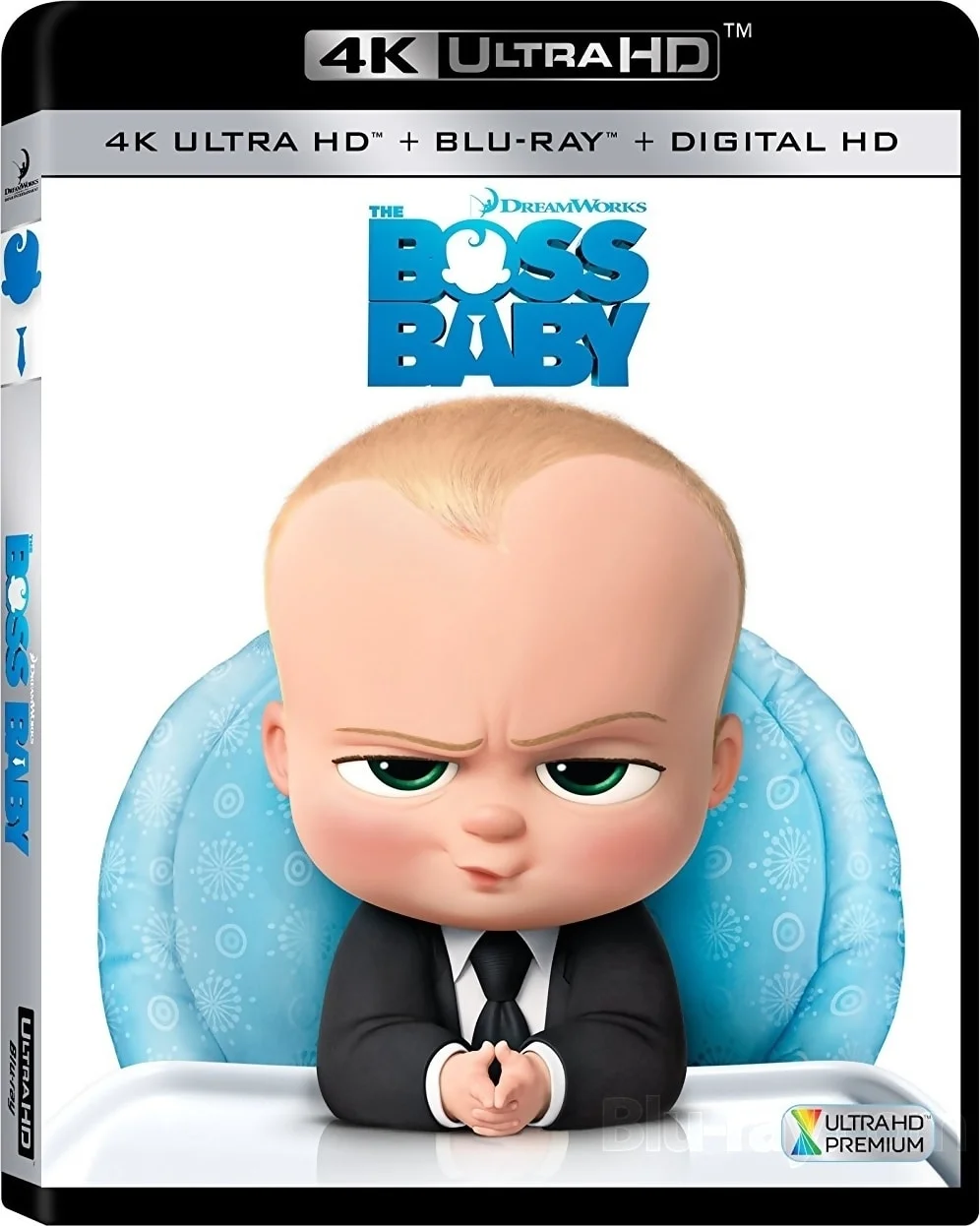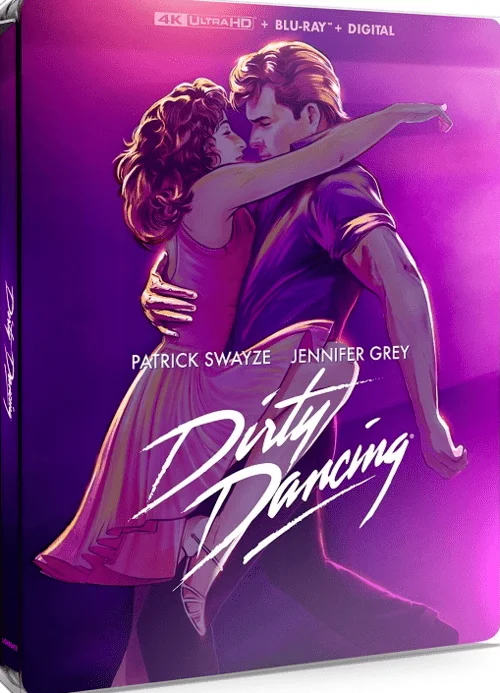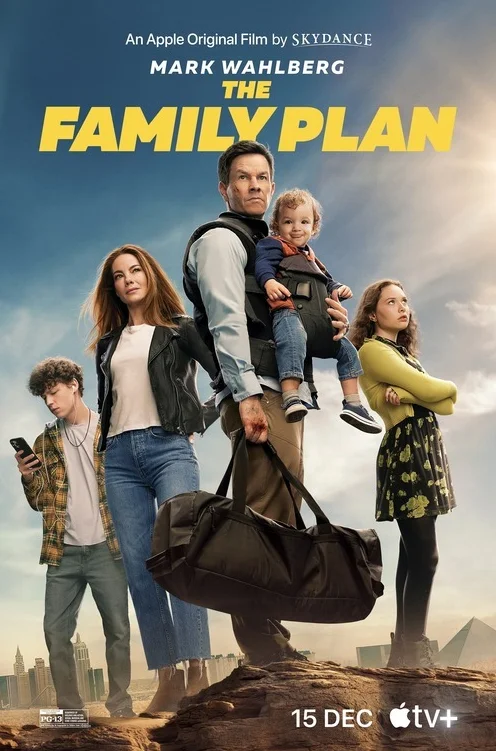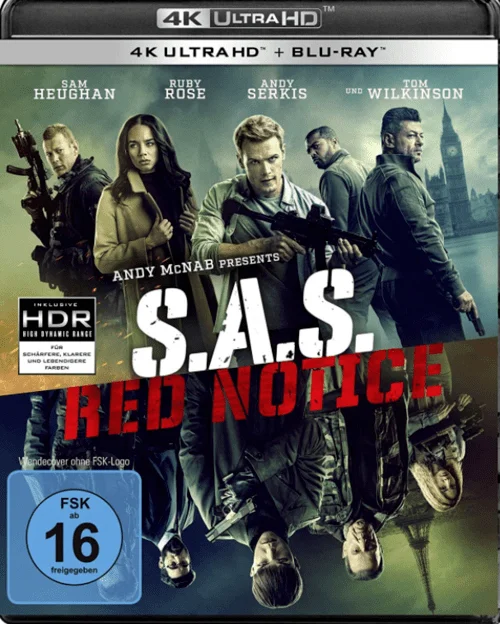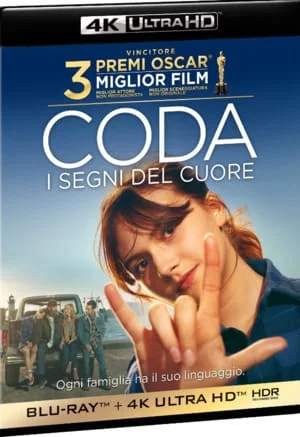
CODA 4K 2021 Ultra HD 2160p
Cast: Emilia Jones, Marlee Matlin, Troy Kotsur, Daniel Durant, John Fiore, Lonnie Farmer, Kevin Chapman, Amy Forsyth, Courtland Jones, Molly Beth Thomas, Ferdia Walsh-Peelo, Ayana Brown, Jason Pugatch, Kyana Fanene, Anilee List, Eugenio Derbez, Stone Martin, Maeve Chapman.

At the center of the story will be high school student Ruby, who is the only hearing person in her family. She is torn between her desire to help her parents save their fishing business and her own dream of building a music career.
CODA 4K Review
High school student Ruby (Emilia Jones) is only 17, but she is easily the most important member of the family. Unlike her parents and older brother, she doesn't have a hearing impairment, so for the deaf fisherman family, she most often acts as an interpreter and a necessary bridge to the rest of the world. Everything changes when Ruby signs up for choir and her teacher, surprised by the heroine's talent, suggests that she consider studying music and attending Boston College. The girl does not seem to mind, but now the family is in particular need of her help: tired of the impudence of buyers father and brother of the heroine decided to open their own company to sell fish.
Emilia Jones in a still from the film "CODA: Child of Deaf Parents".
Emilia Jones in a still from the film "CODA: Child of Deaf Parents".
An amazing thing: After the Sundance Film Festival, Apple bought the rights to the modest indie "CODA: Deaf Parents' Child" for a record $25 million, but on the Cupertino's streaming platform the film comes out suspiciously quiet - minimal banners, notifications and promotional material. Obviously, it's a prestige purchase - a penny by Apple's standards allowed them to add a Sundance Grand Prix winner and a 100 percent entrant for the upcoming awards season to their catalog. But this charming and warm film needs something else altogether -- an audience; an audience that will recognize itself in Ruby's torn between her dreams and her family; an audience that will get into the story of a deaf family accustomed to a hostile environment but never letting up, and so on. In fact, that's why it would be a real shame if such a movie ended up with a seven-figure sum in its pocket but no audience.
And there really is a lot to see here: "CODA: Child of Deaf Parents" is practically a model Sundance film that combines several of the typical themes of film festival films. First, it is the story of a high school girl growing up, trying to figure out exactly what she wants out of life and make the right choices. Second, a high school romantic comedy with an obligatory betrayal and a forced breakup. Third, it's a drama about an ordinary American family with enough conflicts of its own, with complicated intra-family dynamics and financial problems. Finally, it is also an important social film, representing deaf people and critiquing public attitudes toward them.
Such multilayered cinema does not always successfully combine genres and work with equal success. "CODA: Child of Deaf Parents" is, alas, no exception: there are plenty of really interesting and gripping details, lines and observations, but they all relate to the lives of the characters with a hearing disability. For example, the mother confesses to Ruby that she hoped her daughter would also be deaf; and the hearing-jealous brother blames his sister for the end of the family idyll after her birth. Unlike some clichéd scenes (the heroine is laughed at for using sign language, her brother is called a freak to his face in a bar), these moments truly reveal the pain of a deaf family, and also force you to feel their experiences and complex emotions.
Nothing similar in terms of emotional response the film can offer when it switches to the heroine's life outside her family: here the creators offer exactly what you would expect from a film in which a high school girl tries to excel at both singing and love: a plot played out according to the laws of sports dramas, with both a tense relationship with the teacher and a triumphant performance in the finale; a typical high school romcom about characters who by the end of their studies find not just another soulmate, but an understanding friend. Again, it's hard to imagine that viewers have never seen similar stories in other films (e.g. the thematically similar Netflix drama "Half of Everything"), but it's worth admitting that it's done in a decent and non-frenetic way at the very least, and in a soulful way at the most.
The subtitle "Child of Deaf Parents", which appears in the localized title, is not another imitation of the distributors (here - the Russian division of Apple), but a translation of the definition of the acronym CODA, that is, child of deaf adults. There is, however, another definition: coda is also a musical term for the final part of the piece. Like Ruby, who suffers from a conflict of identities (an ordinary high school student with a dream versus a member of a deaf family), the film itself agonizes over which of these stories it is trying to tell in the first place. It is only in the finale, in what is called the coda, that the contrasting sign language and singing come together in an unusual performance, Ruby singing a not coincidentally chosen Joni Mitchell song, Both Sides Now, to which the conflict of identities/stories is transformed into their harmony. For the sake of those few minutes, one wants to forgive the film almost all its failures - so touching and perfectly constructed is the story's ending.
File size: 36.4 GB
Trailer CODA 4K 2021 Ultra HD 2160p
Latest added movies
Comments on the movie
Add a comment
 like
like do not like
do not like